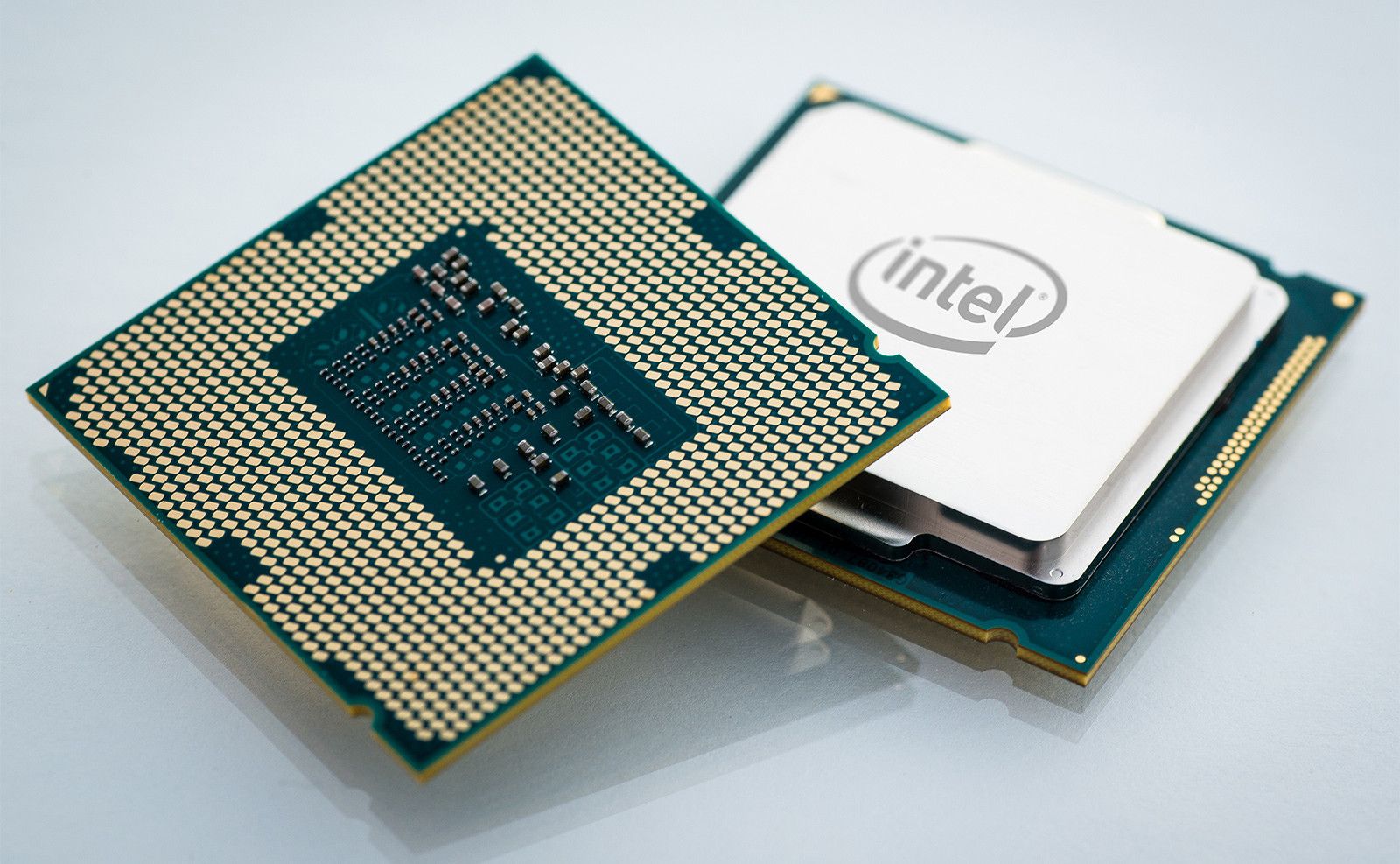Intel Raptor Lake CPUs could be good news for gamers
Another rumor claims Intel will implement a major cache boost

Sign up for breaking news, reviews, opinion, top tech deals, and more.
You are now subscribed
Your newsletter sign-up was successful
Intel’s next-gen Raptor Lake processors could boost on-board cache considerably compared to Alder Lake, if a new rumor is right.
This one was tweeted by hardware leaker OneRaichu, with the claim that Raptor Lake desktop will ramp up cache to 68MB.
68M cache is interesting.😄January 14, 2022
As explained in the Twitter thread, this doesn’t include L1 cache, meaning it’s L2 and L3 (the latter are larger amounts of memory, but slower – L1 is the fastest CPU cache, but smallest).
Raptor’s purported 68MB configuration compares to 44MB for Alder Lake (which is divided into 30MB of L3, and 14MB of L2), so this would be an over 50% increase for the next-gen chips, an impressive leap.
Analysis: Cranking up the cache with Raptor – and more besides?
This isn’t the first time we’ve heard about Intel planning to seriously boost levels of CPU cache with Raptor Lake. Back in March 2021, almost a year ago now, a leak put forward the assertion that we’d see an “improved CPU cache for gaming” with 13th-gen silicon.
The additional cache – if this is true, and despite having heard a couple of rumors now, we must still remain skeptical – will be a good way to improve Raptor Lake for gamers, as well as the IPC (instructions per clock) gains that a new generation of silicon will inevitably achieve. Remember, Raptor Lake will just be a refresh of Alder Lake architecture, so these areas are where all the performance gains will come from.
That, and upping the ante when it comes to core configurations and clock speeds, of course (though likely the latter will only be a very modest boost). Elsewhere the CPU grapevine has floated the idea that the 13th-gen flagship will be a 24-core CPU, with 8 performance cores and 16 efficiency cores, so in the latter case, that would be double what the current 12900K has – a hefty boost.
Sign up for breaking news, reviews, opinion, top tech deals, and more.
Raptor Lake chips are due to arrive later this year, possibly in Q3 2022.
- Check out the best PC components for your rig
Via Wccftech
Darren is a freelancer writing news and features for TechRadar (and occasionally T3) across a broad range of computing topics including CPUs, GPUs, various other hardware, VPNs, antivirus and more. He has written about tech for the best part of three decades, and writes books in his spare time (his debut novel - 'I Know What You Did Last Supper' - was published by Hachette UK in 2013).